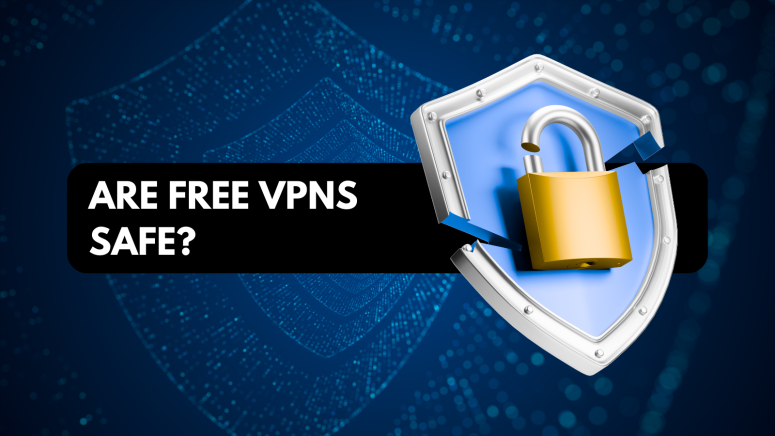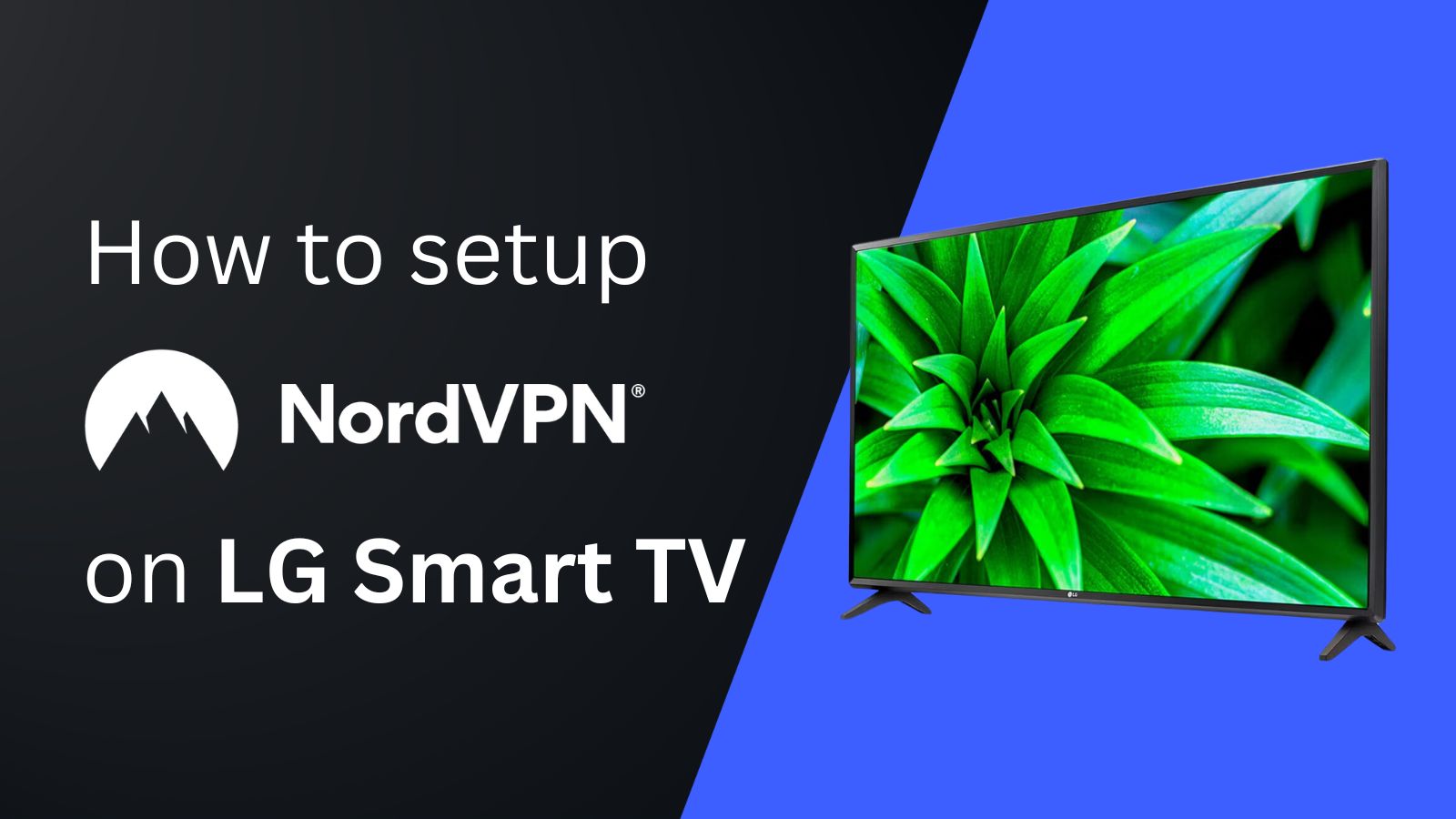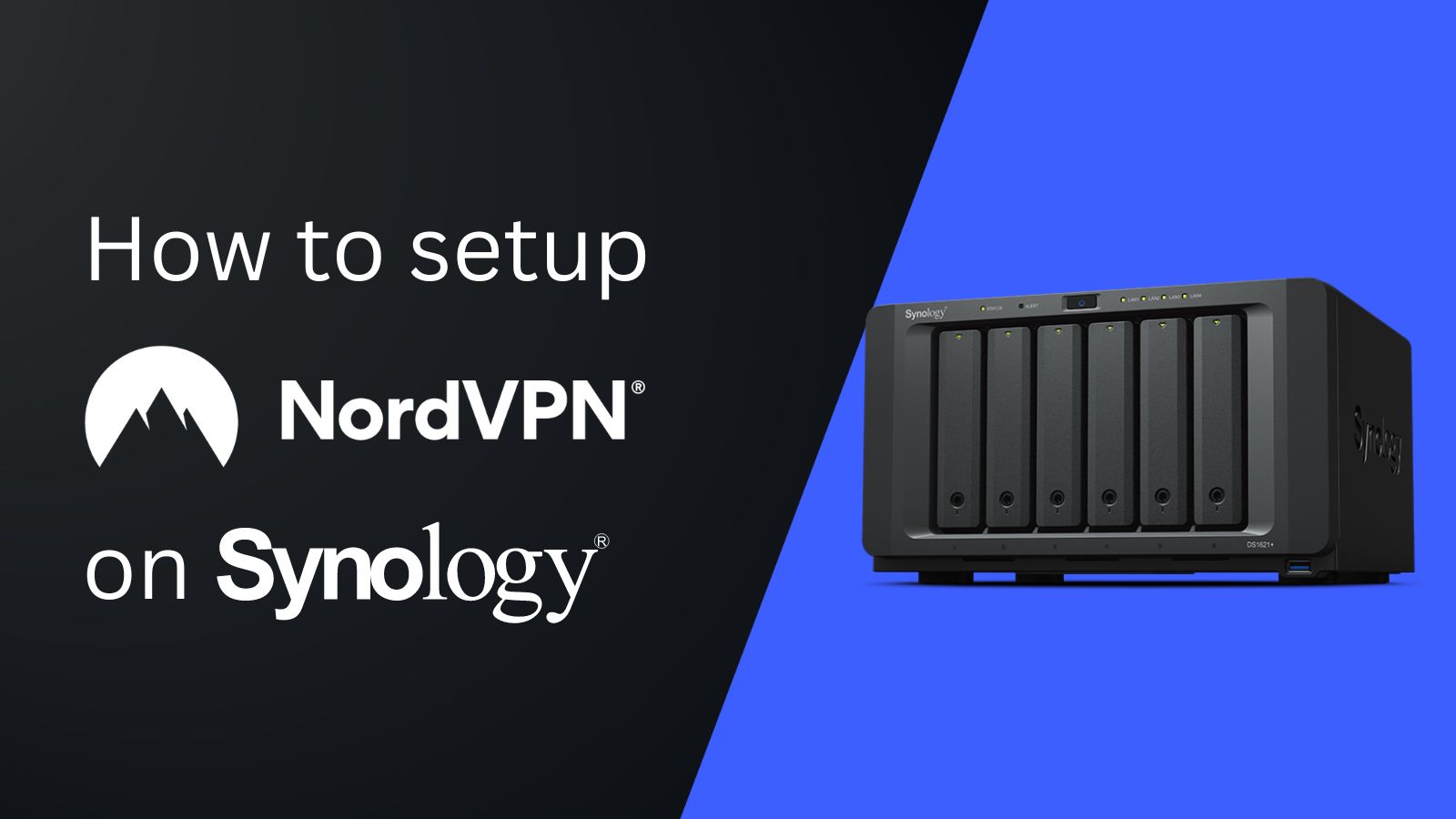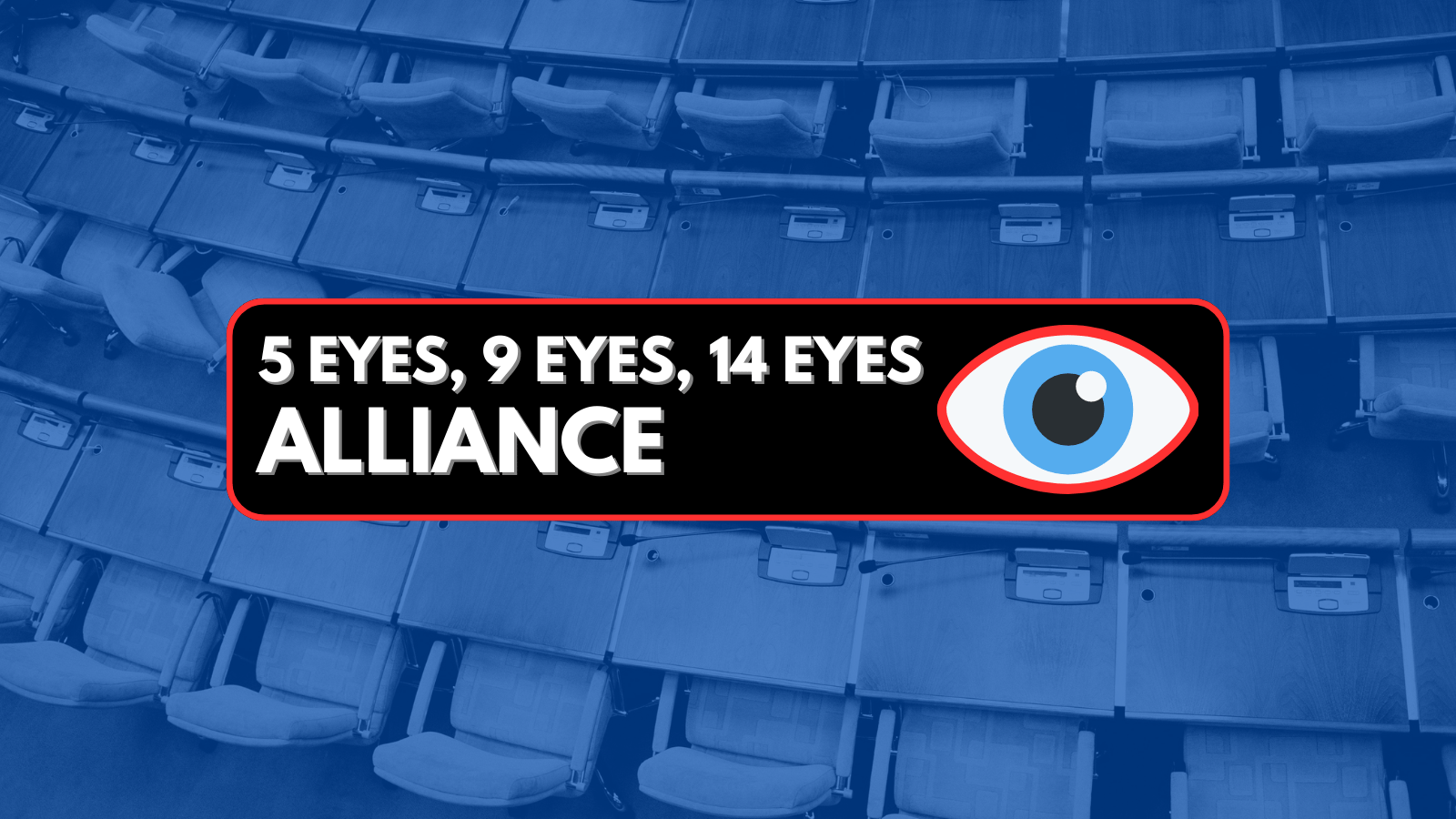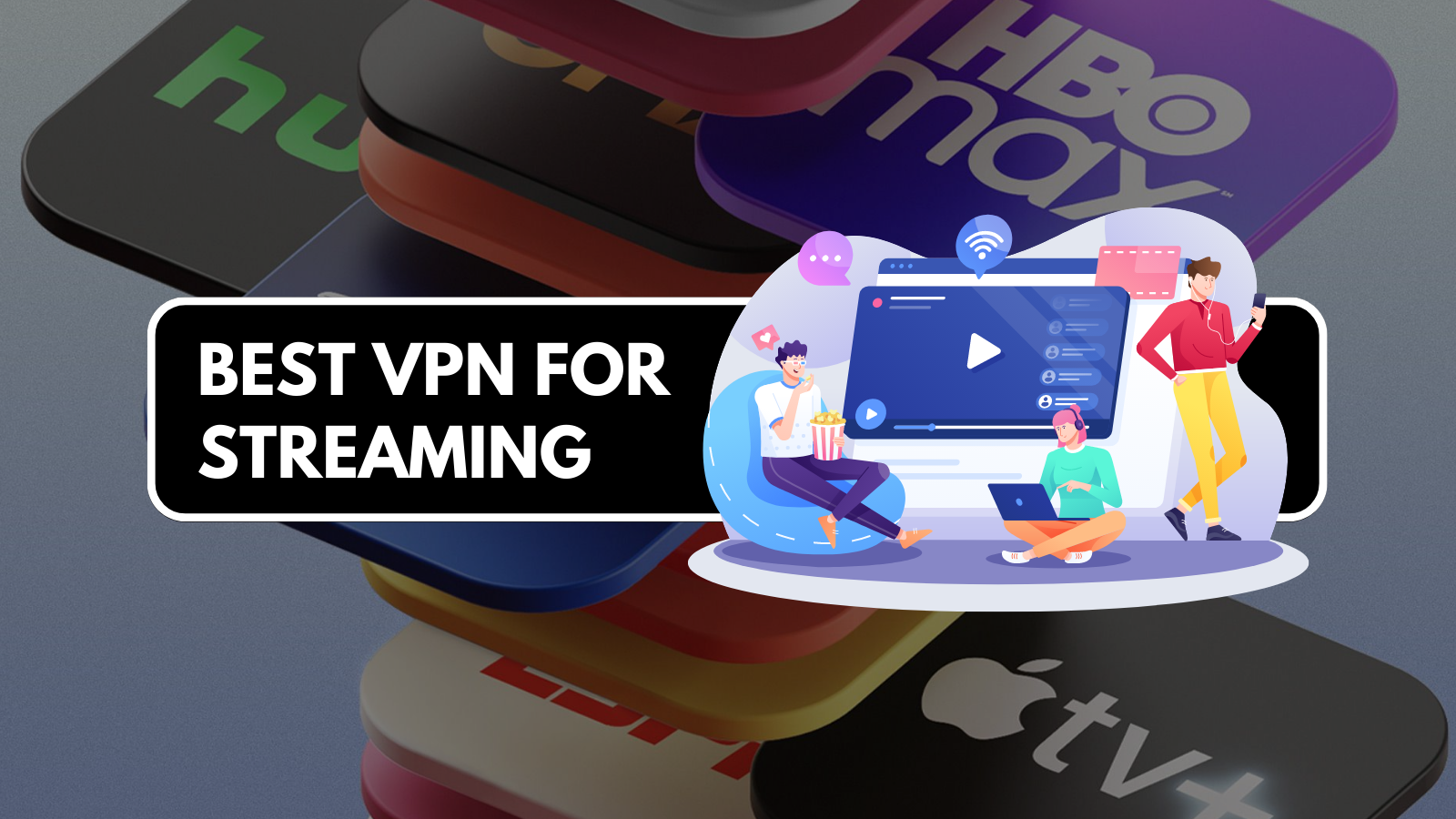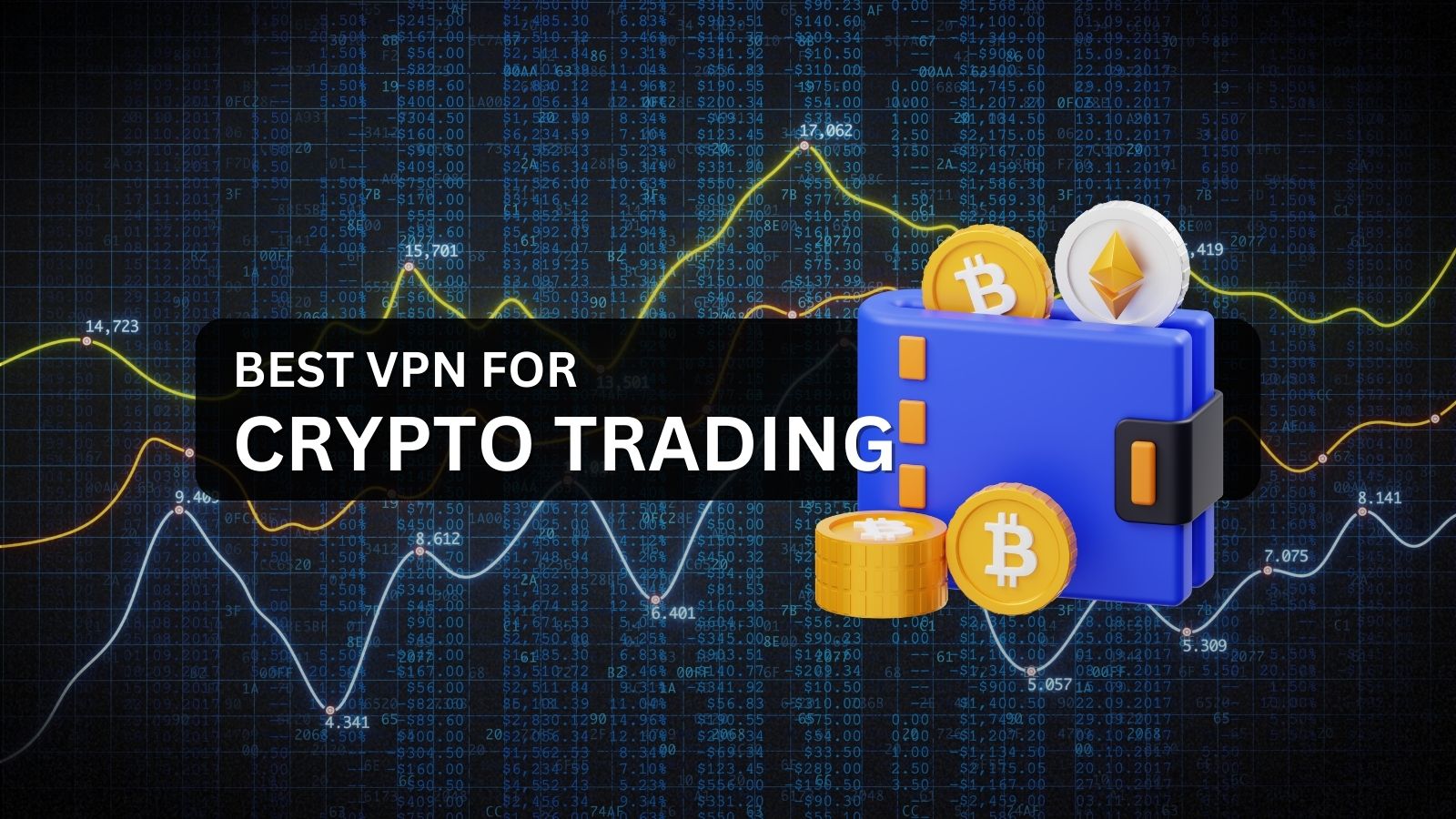
When you purchase through links on our site, we may earn an affiliate commission. Here’s how it works.
Are Free VPNs Safe?
Most free VPNs claim to offer security, privacy, and encryption, but these promises are often misleading. Many sell user data, include ad-tracking malware, and aren’t truly free due to hidden paywalls. They also tend to use weak encryption and suffer from issues like DNS leaks, which can expose your online activity.
Many users unknowingly install these risky services, compromising their privacy and security.
In this article, we discuss whether it is safe to use free VPNs or not. You will also learn about the risks of using a free VPN and why premium software is much more worth it. In the end, we will provide recommendations for trustworthy VPN services.
Key Takeaway
- Free VPNs Come at a Cost: While they may save you money upfront, free VPNs often compromise your privacy by using weak encryption, showing intrusive ads, collecting user data, or even selling your bandwidth.
- Risks Outweigh the Benefits: From malware threats and slow speeds to browser hijacking and failed content unblocking, free VPNs can do more harm than good, sometimes even putting your identity or legal safety at risk.
- Go Premium, Risk-Free: Paid VPNs like NordVPN, Surfshark, and ExpressVPN offer strong encryption, fast speeds, streaming support, and real privacy protections. Plus, they come with free trials and 30-day money-back guarantees, so you can try them without worry.
What Exactly is a Free VPN?
Essentially, a free VPN is a service that enables you to send your internet traffic via an encrypted tunnel without having to pay for it in advance. It sounds fantastic, doesn't it? The problem is that there are frequently significant restrictions associated with free VPNs. They typically have weaker encryption, fewer privacy safeguards, slower speeds, and fewer server locations than premium VPNs.
Why does this matter? Because when you're trying to bypass geo-blocks to access content like Netflix or Hulu, or simply want a layer of anonymity while browsing, these limitations can be frustrating, or even risky. So before you hit download, ask yourself: What are you really giving up for “free” privacy?
How Free VPNs Make Money
Have you ever wondered how free VPNs generate revenue when you don't pay them? After all, it costs money to maintain a VPN service; they require staff, servers, and technical support. Who is the customer, therefore, if not you?
Free VPNs frequently rely on advertising as a source of revenue. When you use their app or browse the web, they frequently display advertisements. Doesn't it sound harmless? Perhaps, but a lot of these VPNs also monitor your online activities in order to display more "relevant" advertisements. This implies that third-party advertising may be able to gather, examine, and purchase your browsing data. They are profiting from the very thing you sought to safeguard, your privacy.
Some VPNs take it even further. They are known to sell users' bandwidth, meaning your internet connection could be used by someone else, anywhere in the world, without you knowing exactly what for. This is not only a privacy risk but could also put you in legal trouble.
The freemium model comes next. In the hopes that you would become irritated and switch to their paying plan, the VPN provides a minimal, free version with limited capabilities (such as slower speeds or fewer server options). In general, this approach is safer than the others, particularly if the business is open and honest. Even so, some freemium VPNs continue to monitor your usage in order to advertise or encourage upgrades.
If you're thinking, "Wow, what a great deal!" when you see a free VPN, you should question yourself, "How are they making money off me?" Because you're frequently the product rather than just a consumer when it comes to free VPNs.
What Are The Risks of Using a Free VPN?
The biggest risk of using a free VPN is that anyone can break its encryption and track your online activities. Other than that, companies behind free VPNs can also steal your data or resort to other shady practices.
Let’s look at the risks of using a free VPN.
- Poor security and false claims risks: According to a CSIRO study from 2016, 18% of free VPNs don’t encrypt Web traffic properly. Those services that do encrypt often use lower-end protocols and are prone to VPN leaks. Hence, all they do is give you an illusion of security while in reality, they aren’t secure at all.
- Malware risks: Almost a third of VPN apps on Android’s Play Store have malicious intentions. It is not uncommon for free VPNs to resort to exploitative practices and infect users with malware. If you are not careful, hackers can get access to your passwords and files and even lock your device remotely.
- Data collection and sharing risks: Selling data is among the main revenue streams for free VPN companies. After all, they have to run their business somehow. Some free VPNs may do it openly, while others are more obscure about it. But the truth is that most of them are a part of data-sharing programs.
- Too many ads: Another issue with free VPNs is that they often bombard users with ads. This is because they generate profit from ad revenues. This can quickly become annoying as these forceful ads distract you from your activities.
- Your browser can get hijacked: Some free VPNs can even inject malicious code into your browser that tracks your browsing patterns and redirects you to different Web application without your permission. That type of code runs in the background and can potentially do even greater harm, like stealing your sensitive info including your passwords and credit card details.
- Slow Internet Connection: Companies behind free VPNs usually don’t have enough funds to improve their infrastructure. Hence, they have a limited number of servers that are poorly maintained and often overcrowded, which creates network congestion and slows down your speeds. On top of that, ad trackers running in the background use additional bandwidth and slow down your Internet even further.
- Difficulty in Unblocking Content: Most of the free VPNs fail to unblock streaming services. As mentioned earlier, they have a limited number of servers. Streaming services like Hulu and HBO Max are very strict about their geo-restrictions, and hence they ban these IP addresses for suspicious activity. Since these VPNs don’t update their IP addresses regularly, users are unable to unblock streaming services.
Why Are Paid VPNs Better Than Free VPNs?
In simple words, paid VPNs are better than free VPNs because they provide actual security and are better in almost every aspect. But if you want to see a detailed comparison between free VPNs vs. paid VPNs, take a look at the table below.
What are the Top 3 Premium VPN Services Available?
While there are countless VPNs on the market, not all deliver top-tier performance, privacy, or value. From our curated list of 14 premium VPN services, we've handpicked the top 3 that truly stand out.
1. NordVPN
NordVPN is a top-tier VPN based in Panama, known for its strong commitment to privacy. It uses secure protocols like NordLynx (WireGuard-based), OpenVPN, IKEv2/IPsec, and NordWhisper and its custom-built NordLynx (based on WireGuard) and robust encryption (AES-256-GCM, ChaCha20, and Post-Quantum Encryption (NordLynx Protocol)) to keep your data safe. NordVPN follows a strict no-logs policy, verified by multiple independent audits. With thousands of high-speed servers worldwide, including specialized ones like double VPN, and obfuscated servers, it’s great for unblocking streaming sites, torrenting, and browsing securely.
Beyond speed and server variety, NordVPN offers advanced features like a kill switch, split tunneling, Threat Protection (which blocks malware, ads, and trackers), and a Dark Web monitor to alert you of compromised data. It supports 10 simultaneous connections across nearly any device, including desktops, smartphones, tablets, routers, and even streaming devices.
With plans starting at just $3.09 per month per 24 months, you also get a risk-free trial and a 30-day money-back guarantee. Plus, 24/7 customer support and detailed self-help resources are always available.
PROS
- Polished native software.
- Plenty of high-end features.
- Sizable selection of servers.
- Specialized servers for online privacy.
- Extra-fast speed and performance.
CONS
- Pricey month-to-month plans.
2. Surfshark VPN
Surfshark is a powerful and privacy-focused VPN that offers top-tier WireGuard, IKEv2, and OpenVPN protocols, advanced AES-256-GCM (OpenVPN and IKEv2), ChaCha20 (WireGuard), and Post-Quantum Encryption (WireGuard) encryption ciphers, private DNS, leak protection, and RAM-only servers. It even has a patent-pending encryption method to minimize metadata exposure.
You’ll also find features like obfuscation, CleanWeb (to block ads, trackers, and malware), a kill switch, split tunneling (now on macOS), GPS spoofing, and zero-knowledge servers. With its 4,500+ servers in 100 countries, Surfshark supports torrenting, bypasses censorship via NoBorders mode, and easily unlocks Netflix, Disney+, Max, Prime Video, and more.
Performance-wise, Surfshark delivers excellent speeds and supports unlimited simultaneous connections, making it a great option for households or multi-device users. Its apps are intuitive and polished across all platforms, perfect even for VPN beginners. It’s available at $1.99 per month for 24 months, backed by 30-day money-back guarantee. Plus, 24/7 live chat support is ready to help whenever needed.
PROS
- Works "out of the box."
- Suitable for first-time VPN users.
- Unlimited simultaneous connections.
- Highly suitable for media streaming. .
CONS
- Can take a moment to connect.
3. ExpressVPN
ExpressVPN is an amazing VPN based in the British Virgin Islands, known for its strong focus on privacy and security. It uses OpenVPN, Lightway, and IKEv2 and AES-256 and ChaCha20/Poly1305 encryption, backed by a strict no-logs policy. The proprietary Lightway Turbo protocol ensures blazing speeds and reliable performance. All undisclosed number of servers in 105 countries are obfuscated by default, making ExpressVPN ideal for bypassing censorship, even in countries like China.
You get 10-14 simultaneous connections, and it works across all major platforms, Windows, macOS, Linux (now with a GUI app), iOS, Android, Fire TV, routers, and more. Unique features include "Threat Manager" for blocking trackers and malware, "ExpressVPN Keys" for password management, split tunneling, and a kill switch called "Network Lock." ExpressVPN is priced at $2.44 per month for 24 months and offers a 30-day money-back guarantee. A free trial is available, and 24/7 live chat support is just a click away.
PROS
- No data logging.
- Independently audited.
- Highly polished software.
- Unblocks any website out there.
- Comes with free-password manager.
CONS
- Pricier than its competitors.
- No in-depth customization.
Final Thoughts
While free VPNs might seem like a convenient solution, they come with serious limitations and potential risks, from weak encryption and intrusive ads to data collection and malware threats. In many cases, they offer nothing more than the illusion of security while exposing you to even greater vulnerabilities.
On the other hand, premium VPNs provide what free services often lack: strong encryption, reliable performance, global server networks, and trustworthy privacy policies. They are audited, transparent, and packed with features that genuinely enhance your online security.
Still unsure? The best part is that you don’t have to commit right away. All three of our top picks (along with other free trials) offer risk-free trials or 30-day money-back guarantees, so you can test them out without pressure. We highly recommend you to check the NordVPN free trial and the ExpressVPN free trial. This way, you get premium protection and performance upfront while deciding whether it’s worth the investment (spoiler: it usually is).
- What Is a VPN & What Does It Do? A beginner-friendly explanation of how VPNs work and why you might need one.
- Is a VPN Worth It? Weigh the pros and cons to decide if investing in a VPN is right for you.
- How Much Does a VPN Cost? Breaks down VPN pricing and what features you can expect at each price point.
- Best Cheap VPNs? Explore affordable VPN options that still deliver strong performance and security.
- Best VPN Deals? Get the latest discounts on top-rated VPN services to save money while staying protected.
- How to Set Up a VPN A step-by-step guide to installing and configuring a VPN on any device.
- How to Choose the Best Country to Connect to Using a VPN? Tips on selecting the optimal server location for privacy, speed, and content access.
We hope that you enjoyed reading our article about the safety of free VPNs. If you have any comments or questions, feel free to comment below or write to us directly via e-mail.

